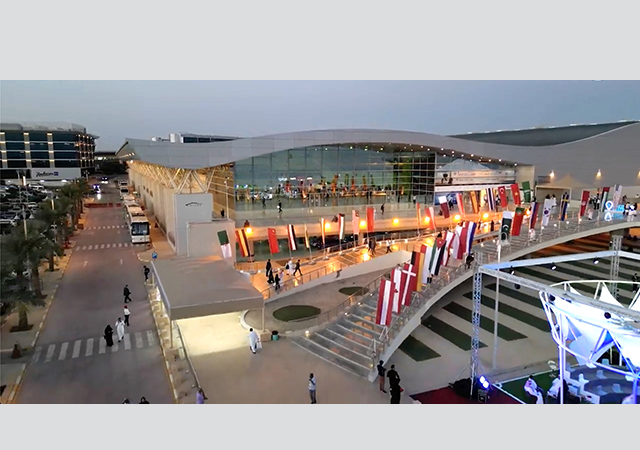
 More than 80 per cent of the work has been completed on the F1 facility.
More than 80 per cent of the work has been completed on the F1 facility.
More than 80 per cent of the work on the Bahrain International Racing Circuit has been completed and the project is now in its final stages, says the main contractor Cebarco-WCT joint venture, which is racing ahead to finish the world-class project in time for handover on March 7.
Currently, the contractor has 2,500 workers on site and some 40 subcontractors of varying sizes. The project has required the blasting and excavation of some 730,000 cu m of rock – 500,000 cu m at the initial stages of construction and an additional 230,000 cu m later, due to changes in the track alignment. The circuit requires more than 328,000 sq m of asphalted areas – 174,000 sq m of track and run-off areas and 154,000 sq m of service roads.
The various buildings on site the grandstand, the VIP Tower, multipurpose building, the pit building, the team buildings, the medical centre, the media centre and the plant room – enfold a total built-up area of 65,000 sq m, consuming some 70,000 cu m of concrete, while 31,000 sq m of tensile roofing will shield the spectators from the sun and impart a distinctive Arabian flavour to the complex.
Cebarco-WCT – a joint venture of the local Cebarco Bahrain and Malaysia’s WCT – is responsible for the entire project, comprising a myriad of tasks which are under way simultaneously on site – including mechanical and electrical works, external works, fabric roof installation, aluminium works in buildings, asphalting work on the racing tracks and service roads, and installation of FIA fencing and triple guard rail.
The company reports that a majority of the works are ahead of schedule. Earthworks, ground storage tank, rain water and waste water works and subsoil works have been completed and work on six tunnel crossings for the racing circuits are close to completion.
According to chairman and CEO Khalid A Rahim, the project is proving to be an enormous logistics exercise. And the route chosen by the company to ensure that everything is delivered on time is to provide financing and to control the entire logistics of the project, thus avoiding delays, says the company.
“Rather than putting the onus on subcontractors to get the materials at site on time, we are financing their contracts and following up the procurement schedule to ensure that all supplies are at hand and there are no delays whatsoever in material supply,” says Rahim. “Also we are providing additional management and supervision to our subcontractors to ensure that all the requirements of the project are met. Extensive fabrication yards have been established on site so as to further control and monitor all aspects of the work.”
“As main contractor on the project we face a heavy penalty of $40 million if the work is not completed on schedule, so we are making sure that there is nothing to prevent us from doing so. More importantly, we are very much focused on the national and international importance of completing the project, particularly as the world’s sporting and media eye will be focused on our beloved county. Indeed, we must give thanks to HH Shaikh Salman bin Hamad Al Khalifa who has been personally involved in the development of this project and to all government agencies for their assistance and support.” he adds.
The track will be one of the best of its kind in the world with the wearing course incorporating a special mix which has been specially formulated to withstand the conditions in the region, he comments.
Among the major challenges faced by the contractor in procuring the right product at the right price was the selection of the tensile fabric membrane. The PTFE-coated membrane selected for the project covers all major buildings, the largest being the grandstand area and smallest and most intricate the VIP Tower.
“The prices quoted for tensile membranes were exorbitant, with some suppliers even trying to take advantage of the fact that we were in a race against time,” Rahim says. “We explored the worldwide market and finally selected to joint venture with a Malaysian company – KAR Group-Sediabena – which could provide the right material for the project at a reasonable price.”
“The tensile membrane has been subjected to various tests by the consultant, and I am happy to report that even Bernie Ecclestone, the Formula One supremo, has commended us for quality of the tensile structures installation,” he says.
Work continues at a feverish pace at the site. Landscaping works have begun around the paddock area and the area is currently being irrigated with water supplied by tankers, says Rahim.
The F1 facility has just been linked to Bahrain’s power supply and the plant room which incorporates a state-of-the-art building management system (BMS) and electronics system has become the nerve centre of the project. The HVAC (heating, ventilation and air-conditioning) and special electronics systems have been installed and are being commissioned.
“Most of the systems in place have to be tested well in advance of the handover – as this is barely three weeks before the start of the Grand Prix,” Rahim points out.
Commenting on the company’s relationship with Tilke, the consultant, Rahim says: “The consultant is doing an excellent job and means business. We are working as a team with them, sharing all the information. To ensure a high level of productivity, the consultant and contractor must work together.”


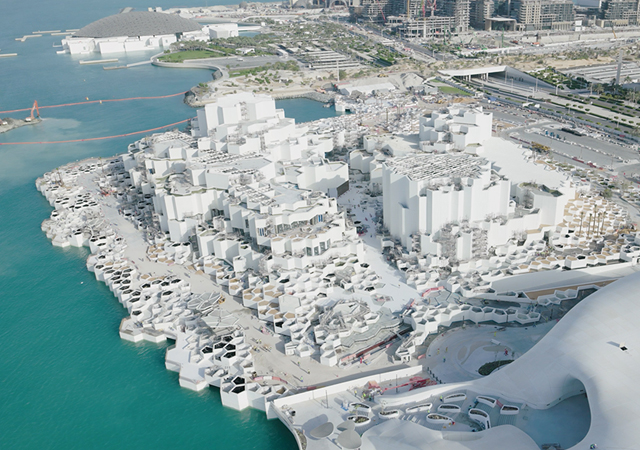
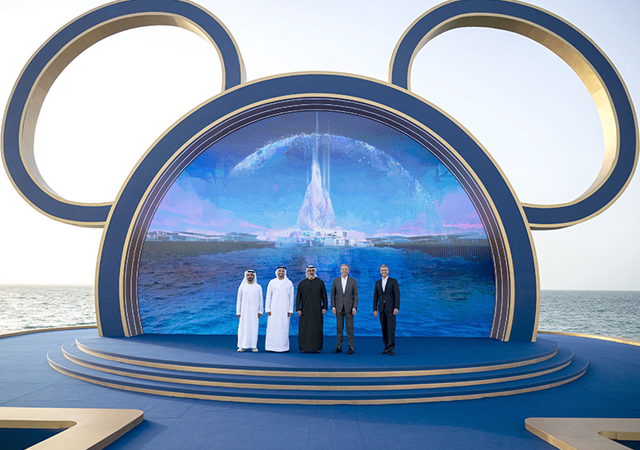
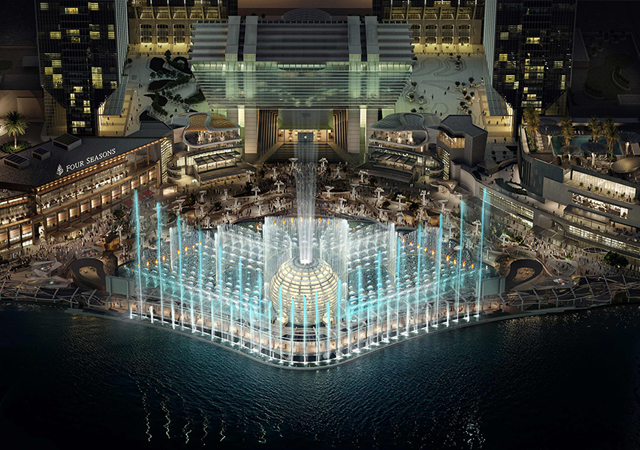
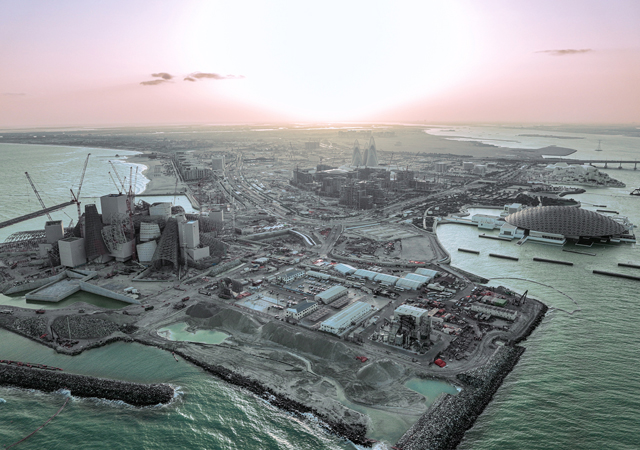
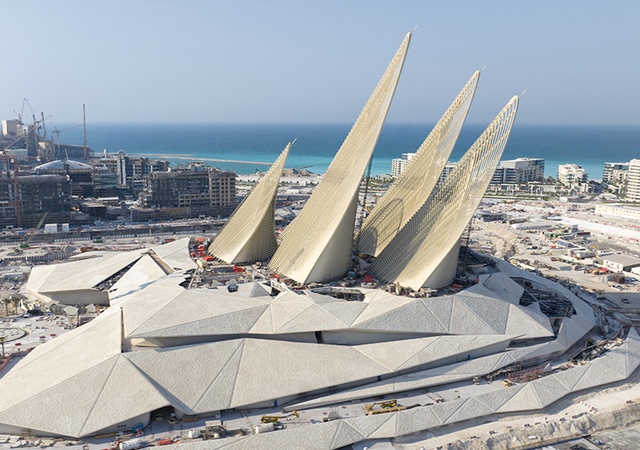
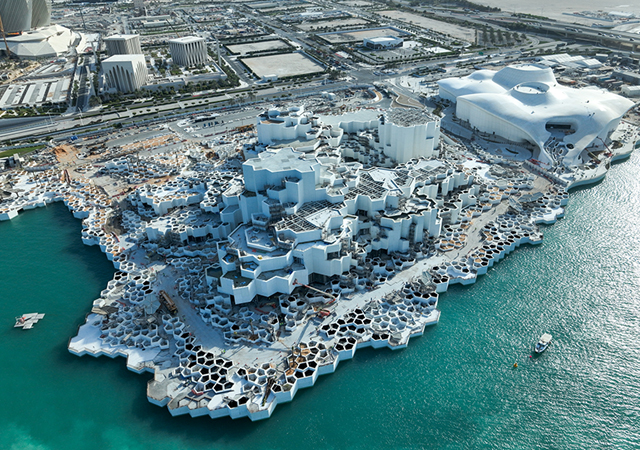
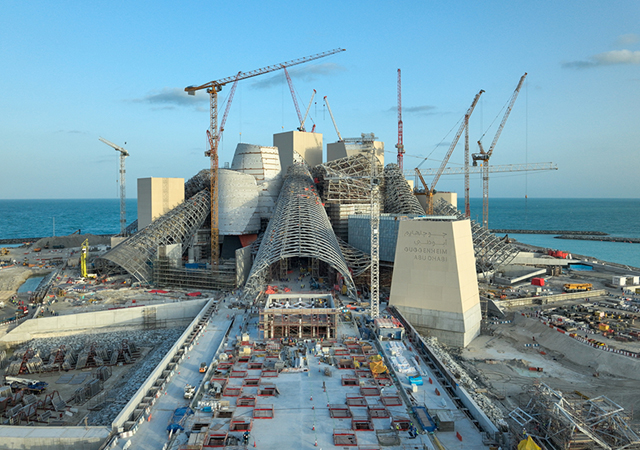
.jpg)
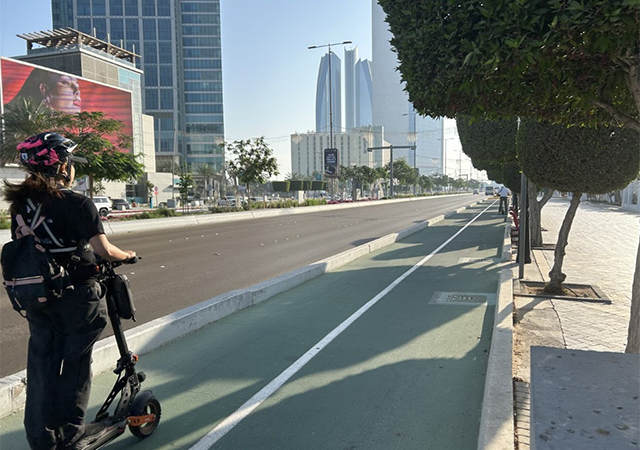
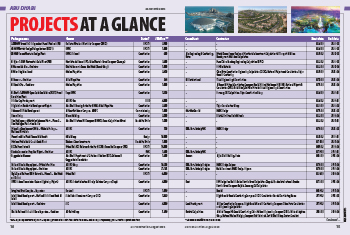

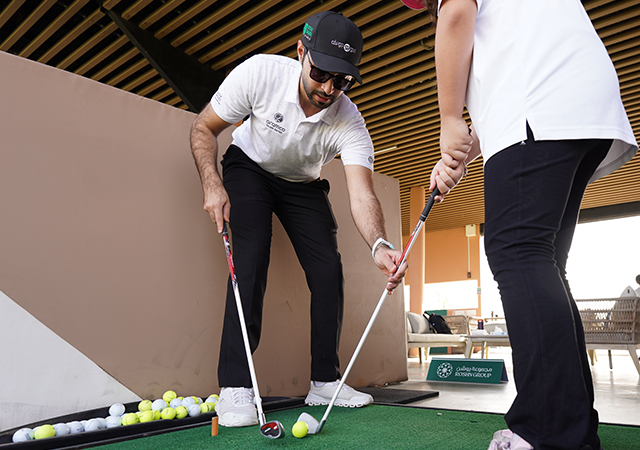
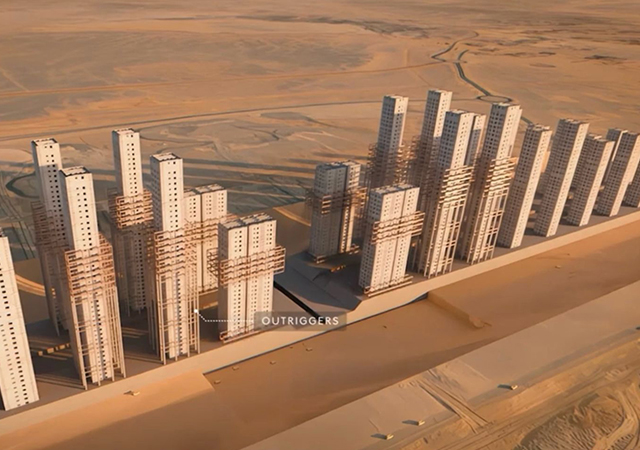
.jpg)
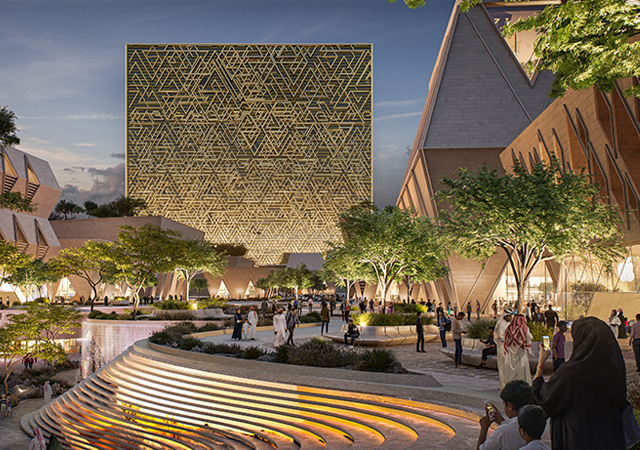
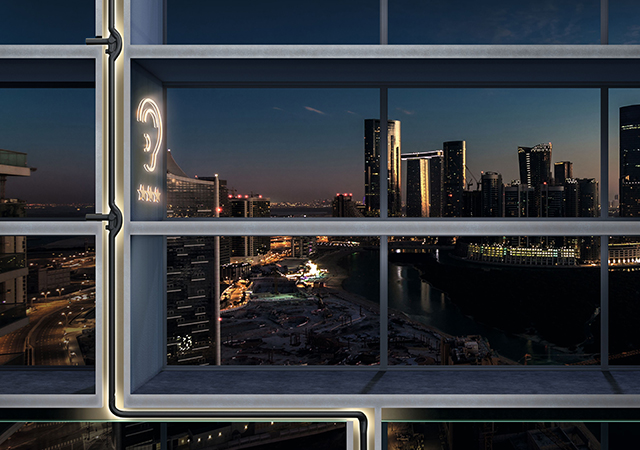
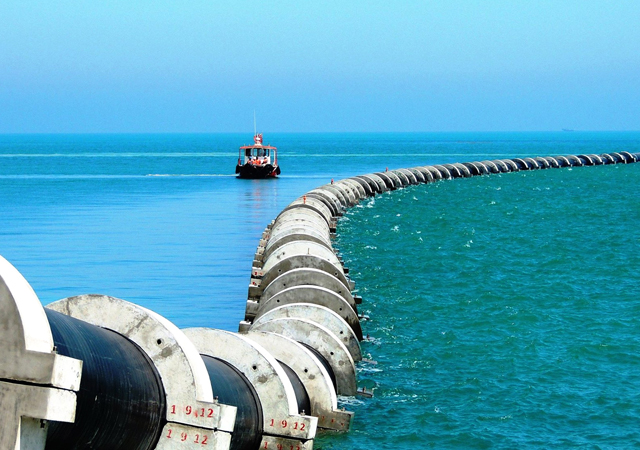
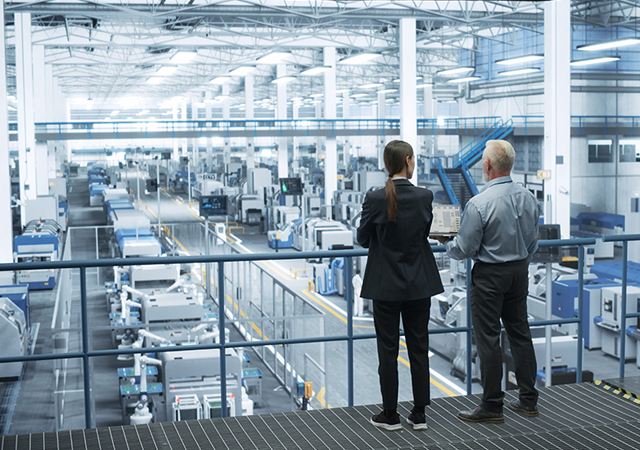


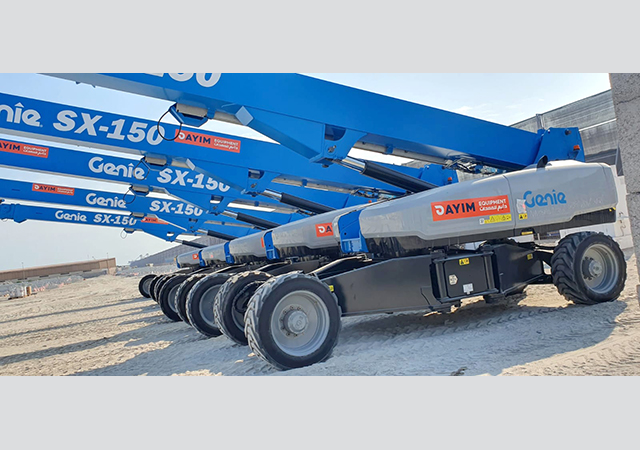
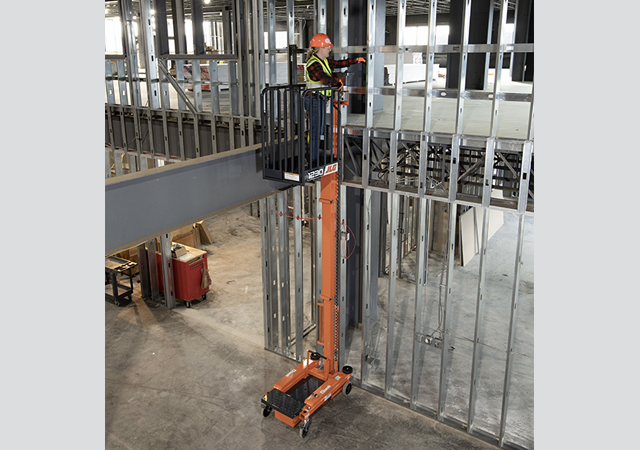
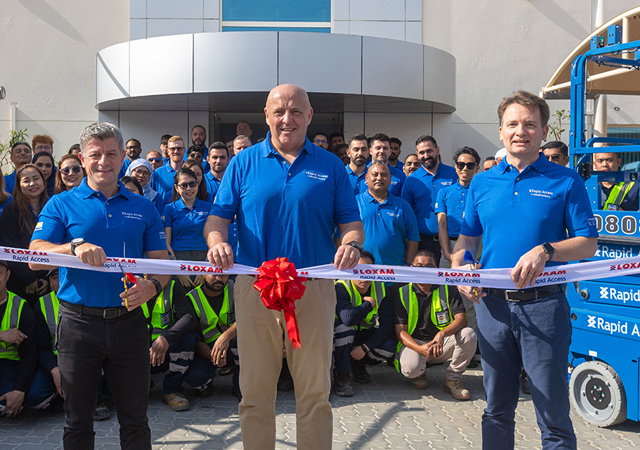
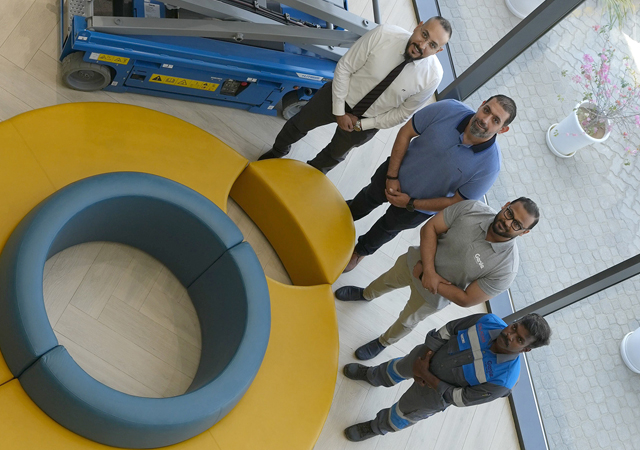
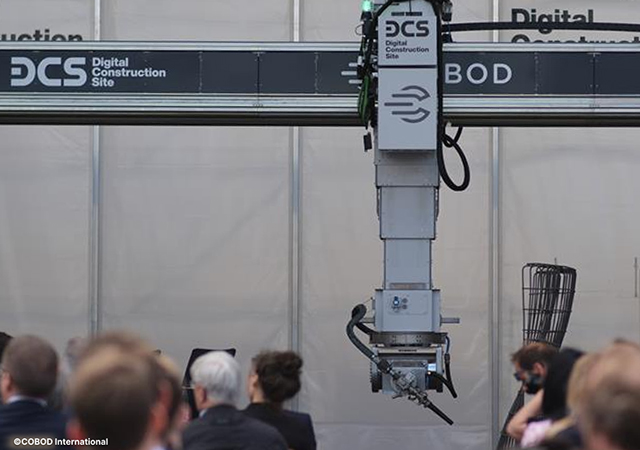
Doka (2).jpg)

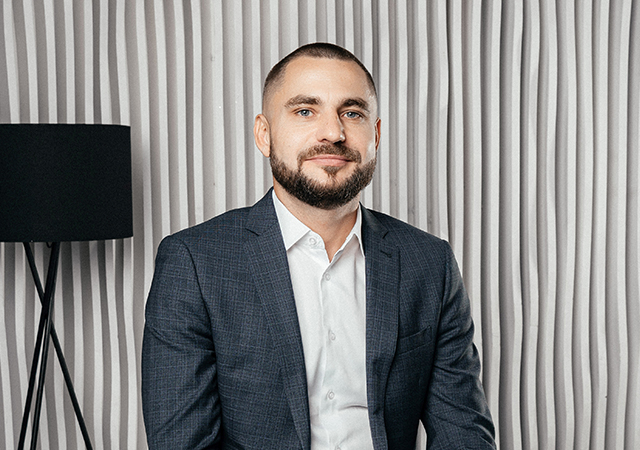

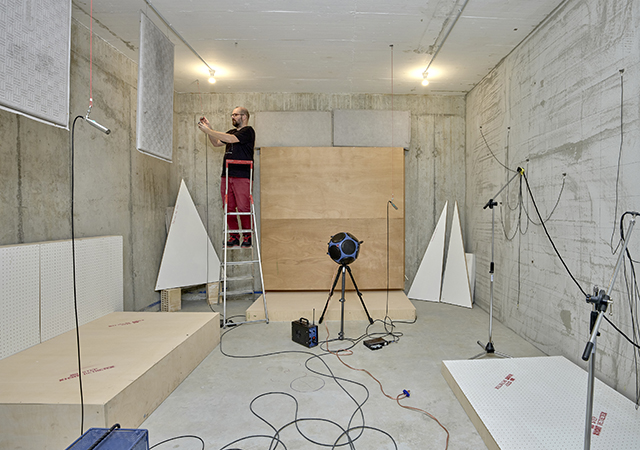
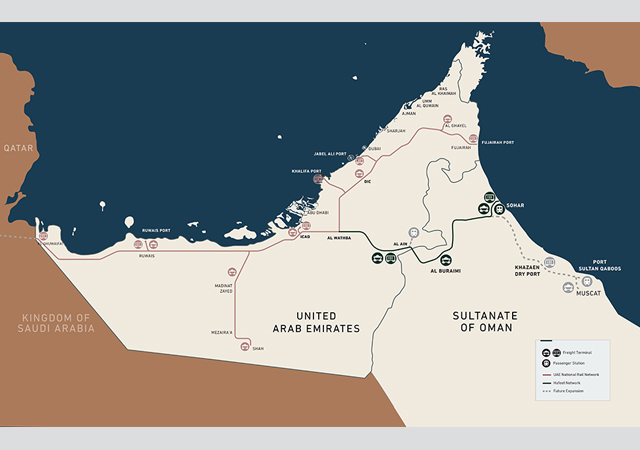

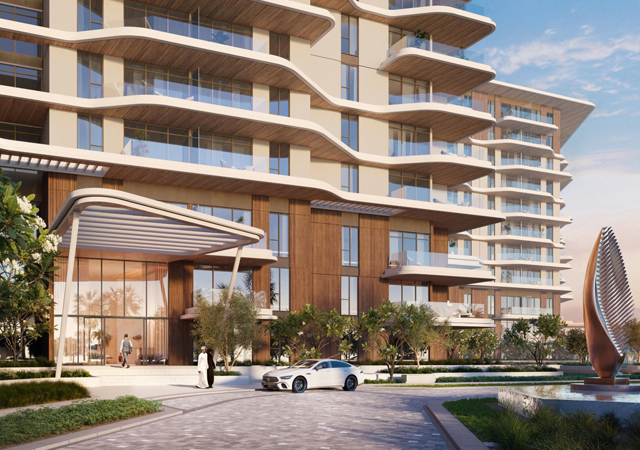

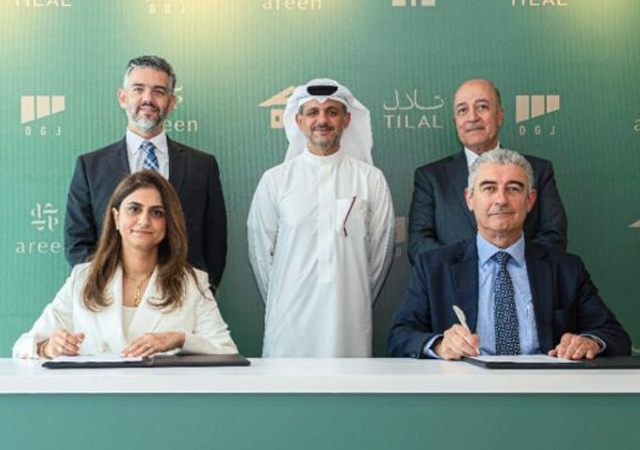
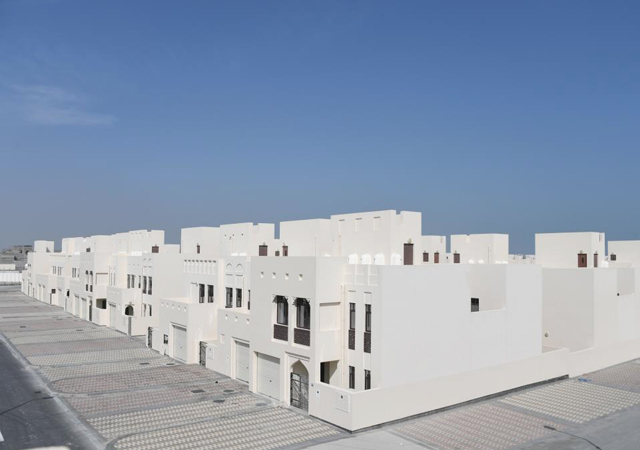
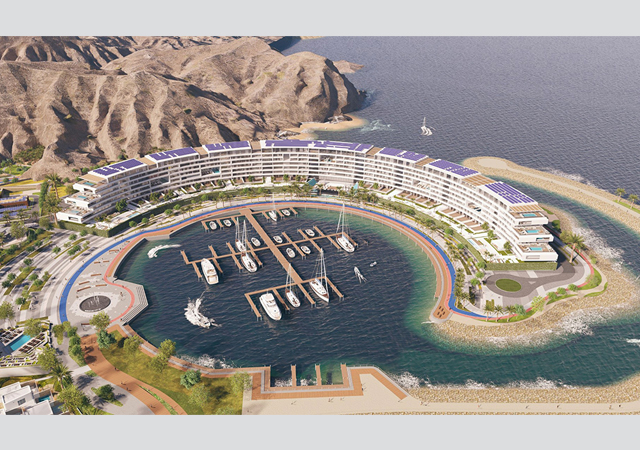
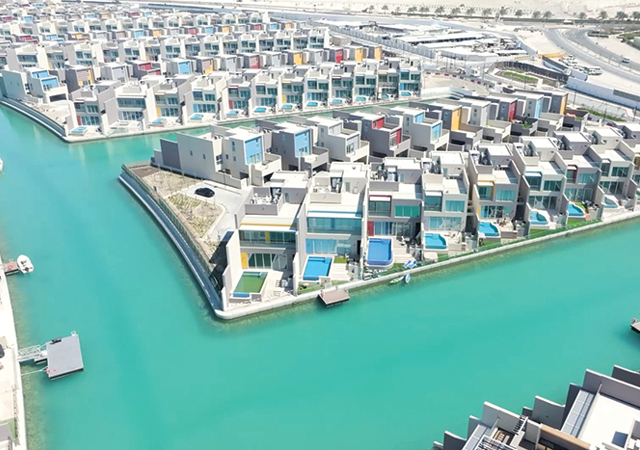
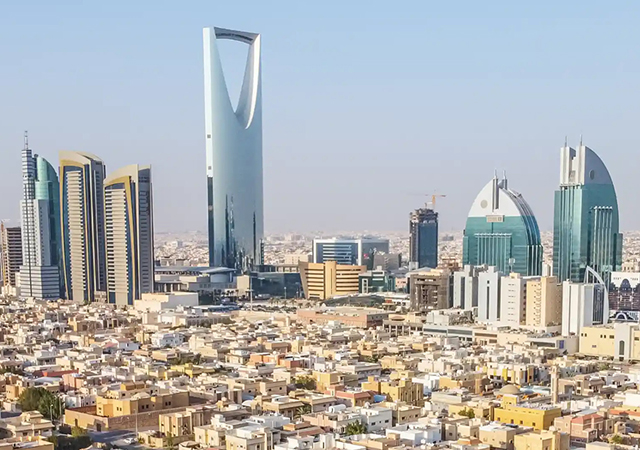

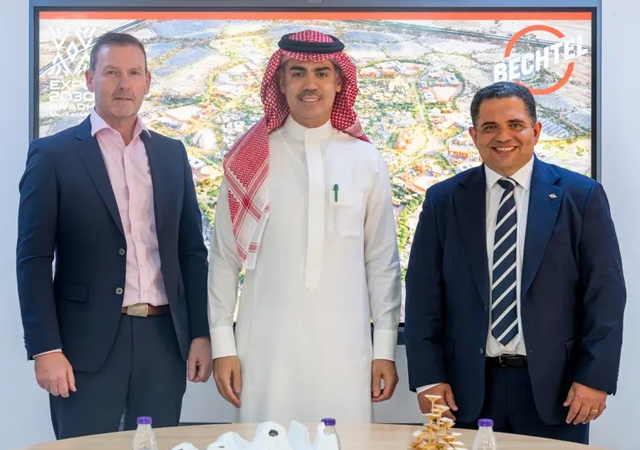
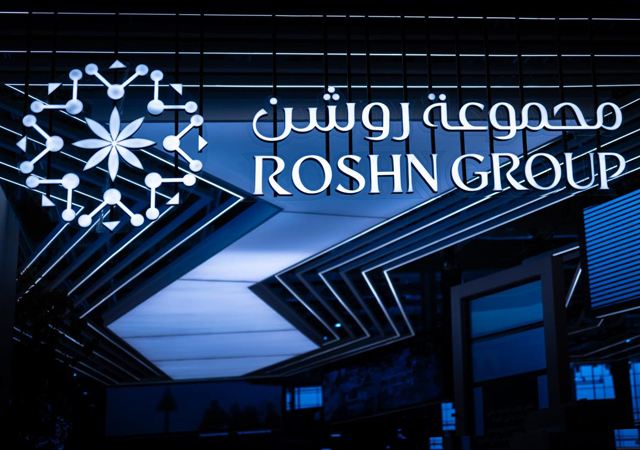
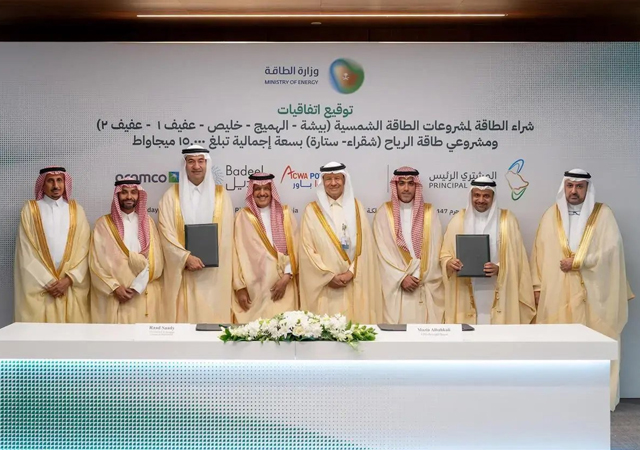
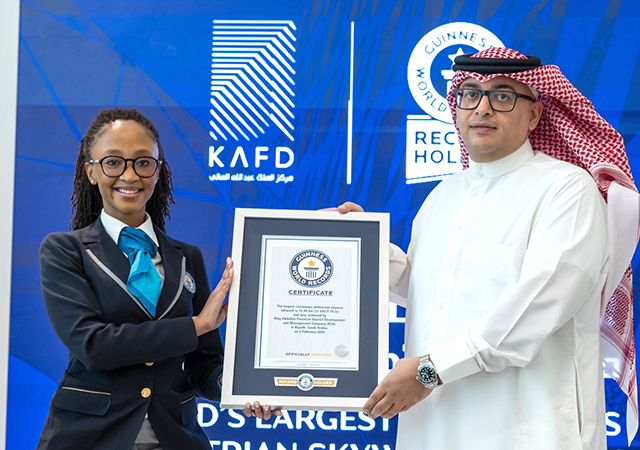
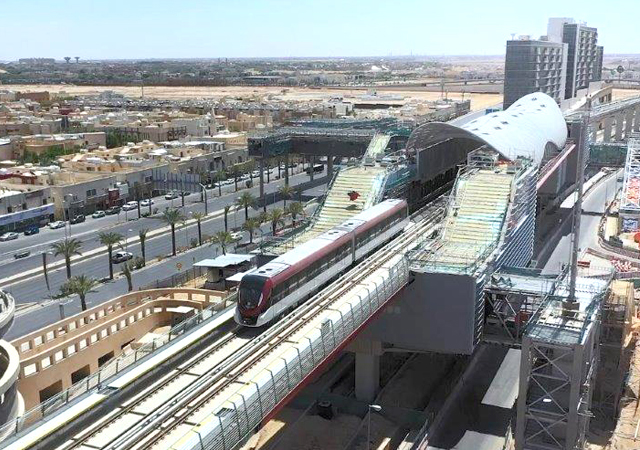
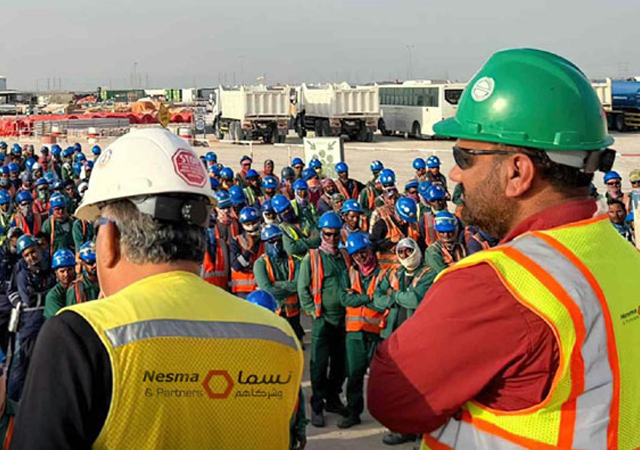
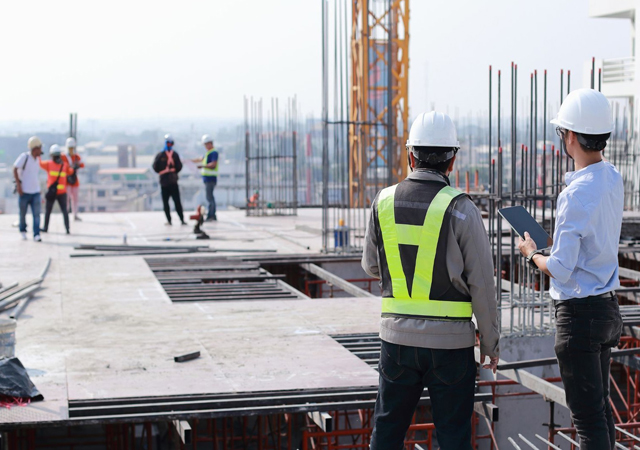
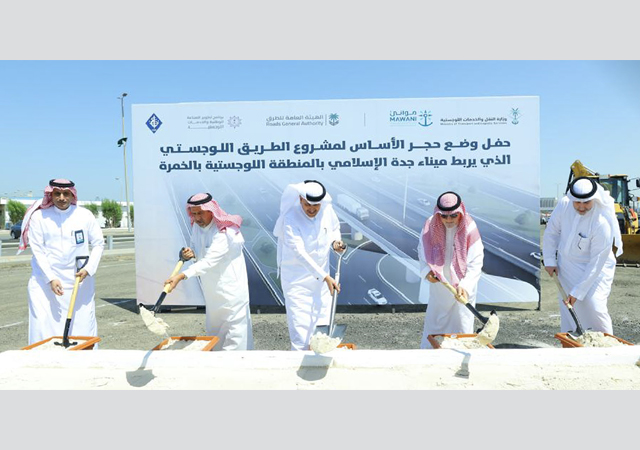
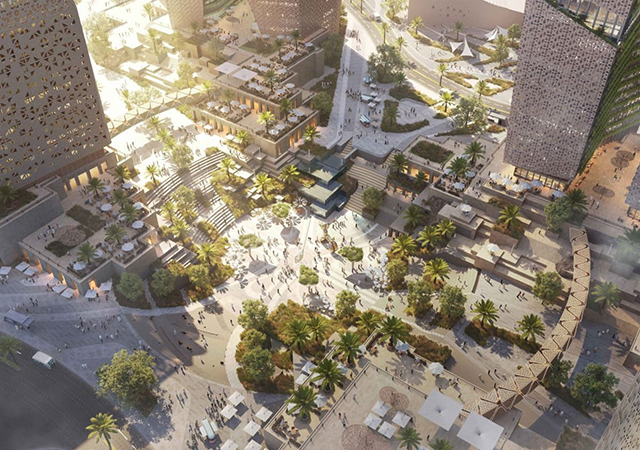

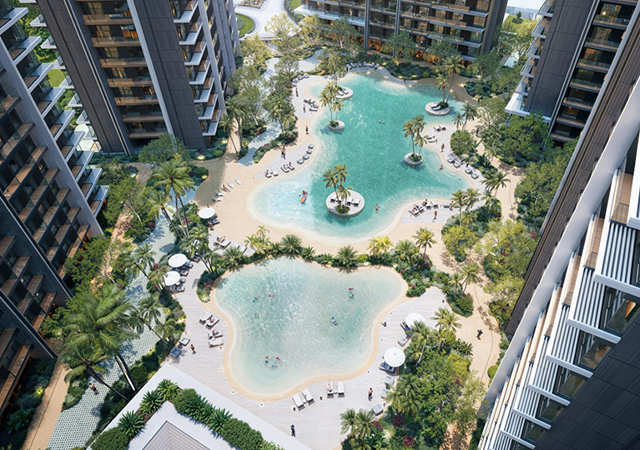
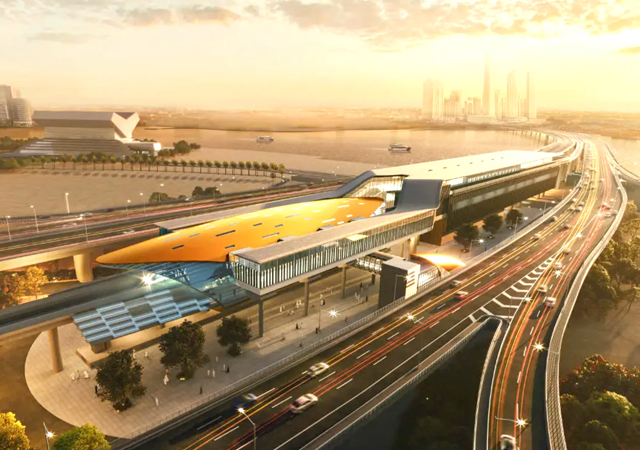
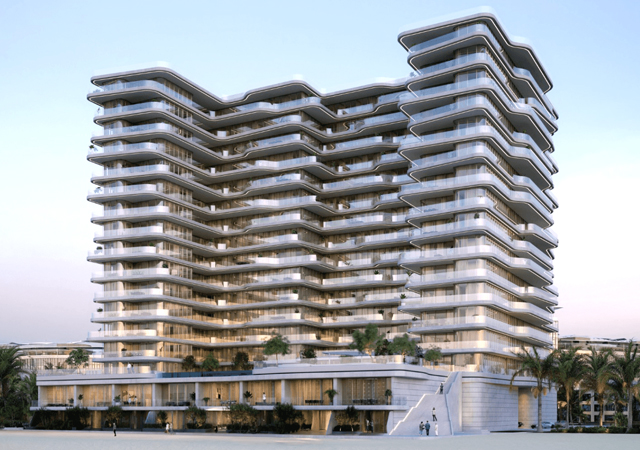
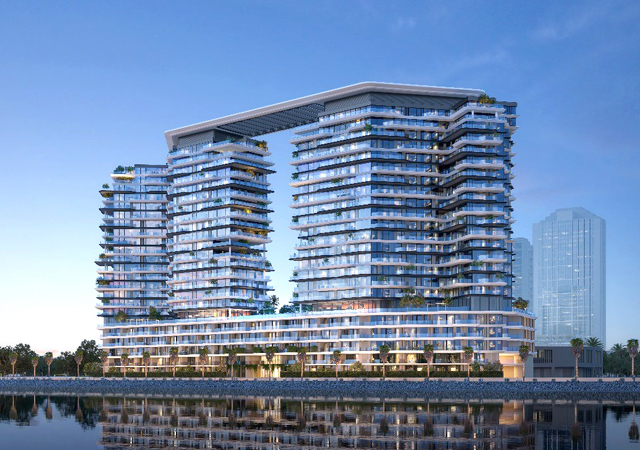
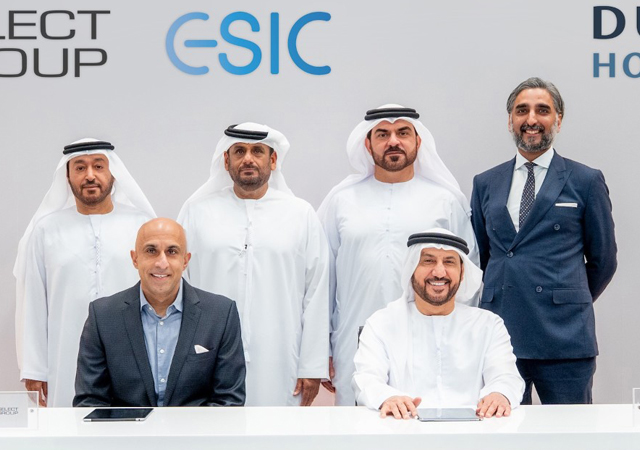
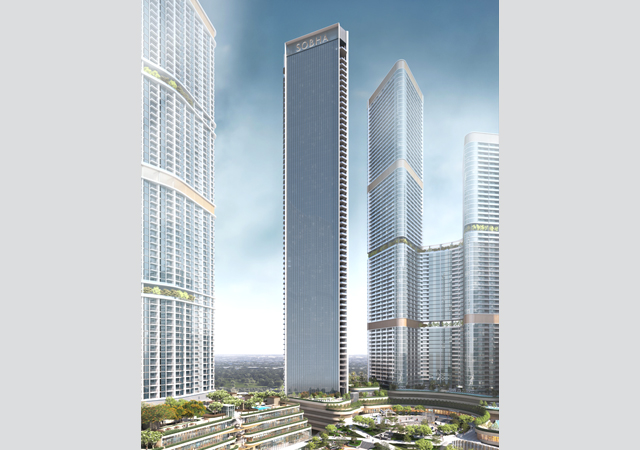
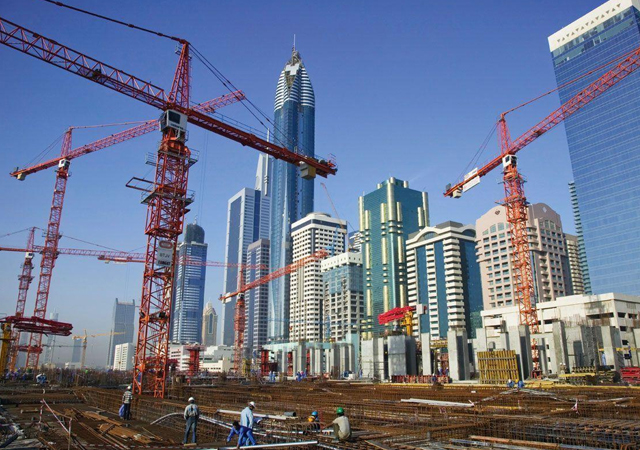
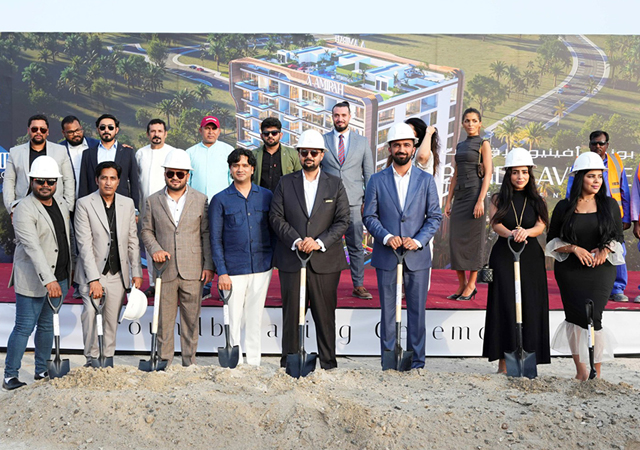
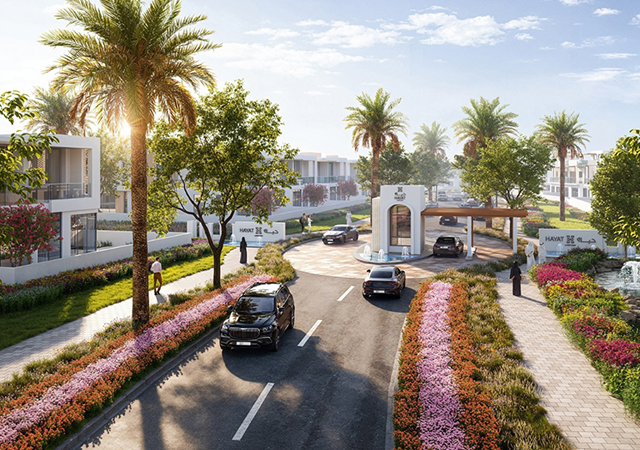
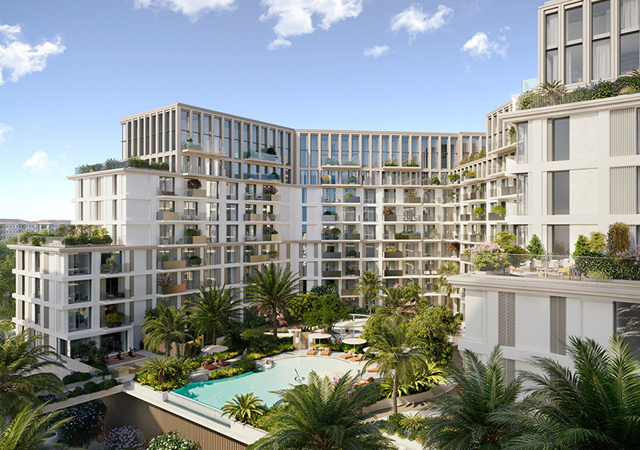
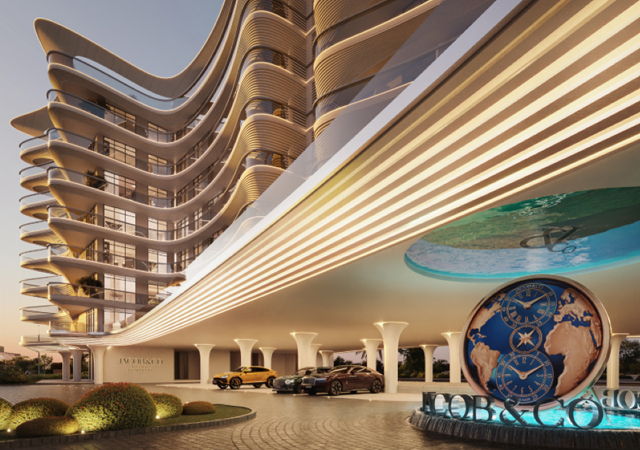
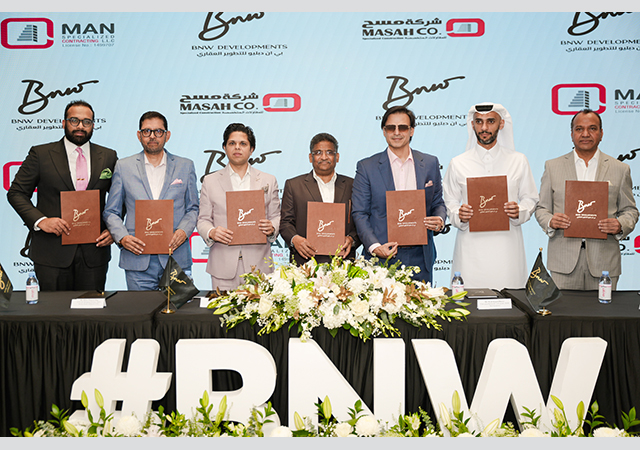
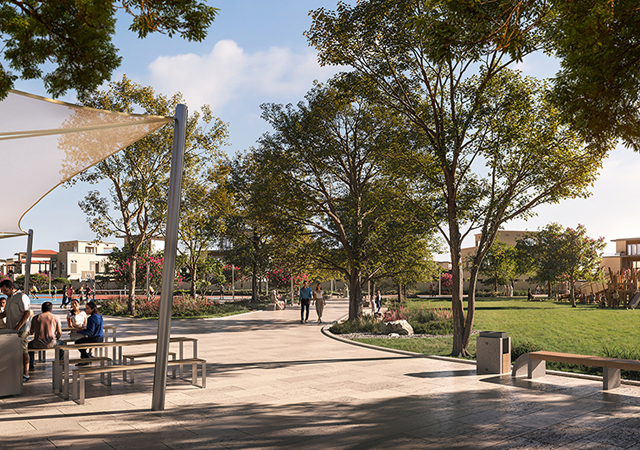
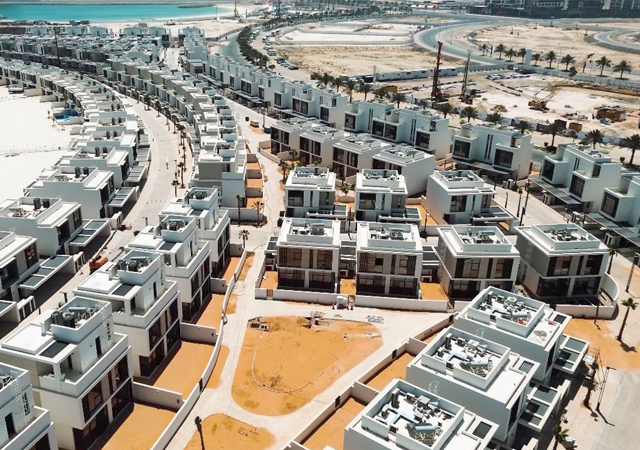
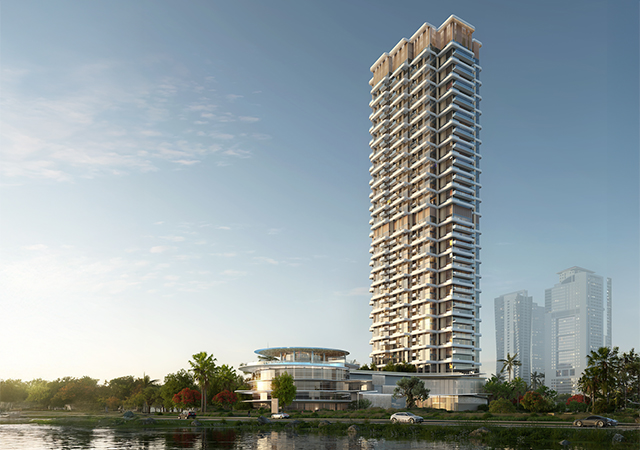
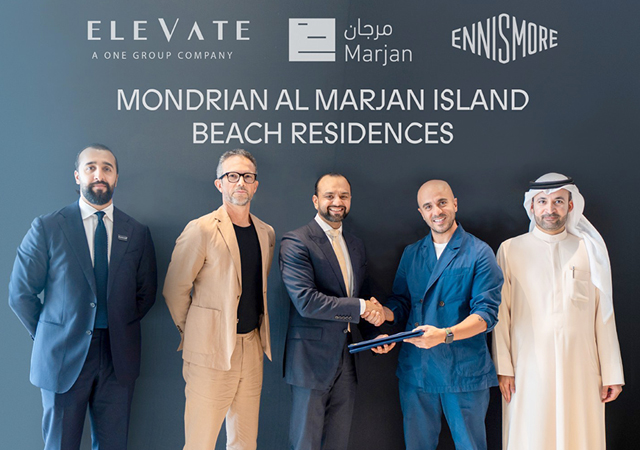
.jpg)
.jpg)
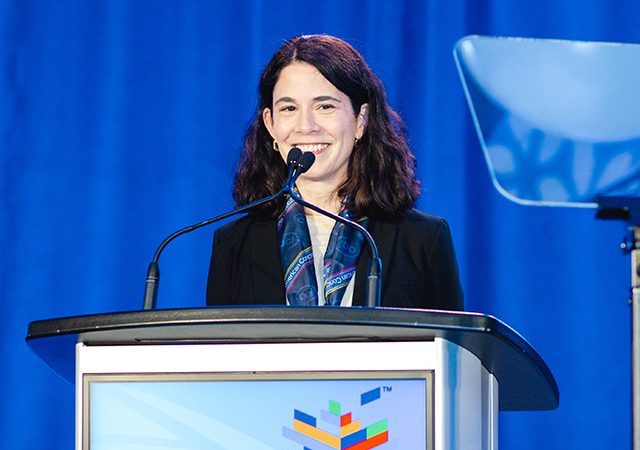
.jpg)
